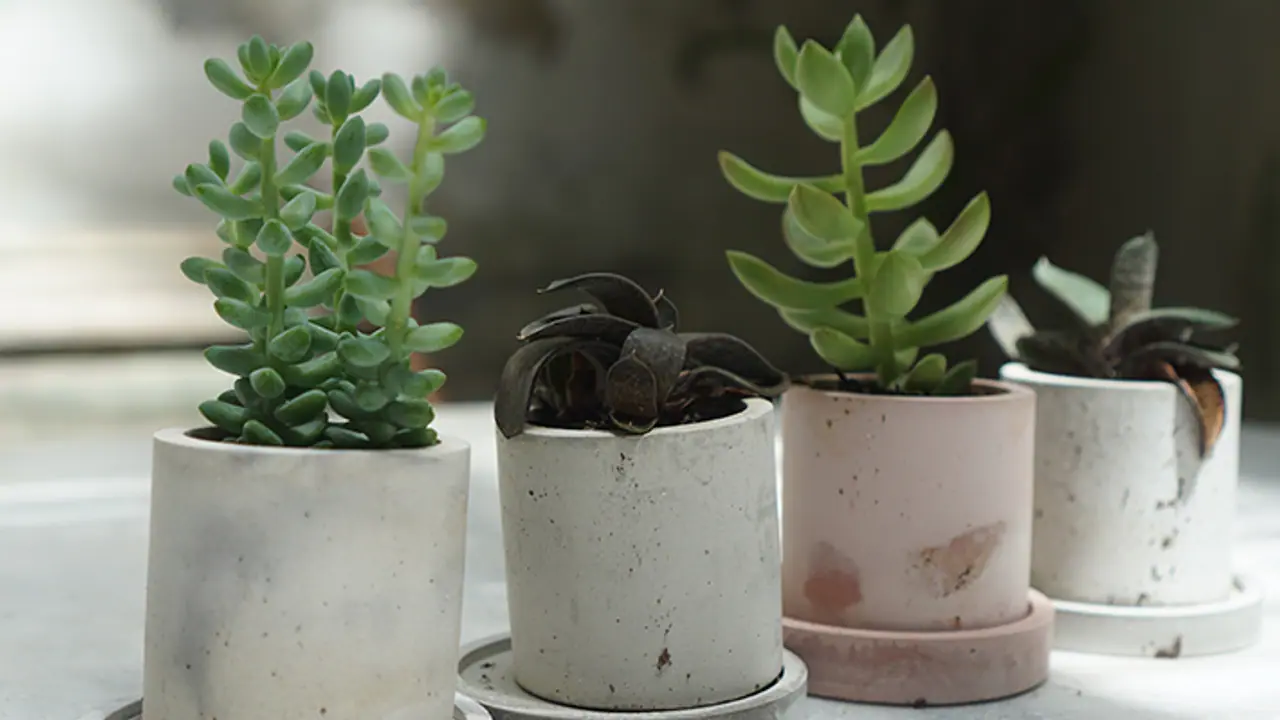Indoor monsoon gardening entails strict regulation of moisture, pest management, and suitable plant choice. By adhering to these seven important tips, you will be in a position to provide a healthy and flourishing indoor garden.
Pleasant rains and greenery with monsoon season, but also with challenges to indoor gardening. Increased humidity, waterlogging, and pest infestation may influence the health of plants. Here are seven tips for a healthy indoor garden on rainy days.

7 key tips for monsoon indoor gardening for beginners:
1. Select Moisture-Resistant Plants
Select plants that are resistant to high humidity and can thrive indoors, such as:
Snake Plant – Air-purifying and tolerant.
Spider Plant – Low care and versatile.
Peace Lily – Adores humidity and manages moisture.
2. Provide Adequate Drainage
Too much water causes root rot and fungal infection. To avoid it:
Utilize cocopeat or sand and draining soil.
Add pebbles at the bottom of pots to enhance drainage.
Don't overwater—water only when the soil is dry.
3. Manage Humidity Levels
High humidity creates mold and pest infestation. Balance it by:
Utilizing dehumidifiers or open windows for air ventilation.
Positioning plants in areas of sunlight to avoid excessive moisture.
Avoiding leaves on a regular basis to keep fungal growth at bay.
4. Pest Protection
Monsoon invites fungus, snails, and pests. Keep plants from such invasion by:
Spraying neem oil or organic pesticides.
Inspecting on a regular basis for pests and disposing of infested leaves.
Positioning plants distant from water-y corners to avoid infestation.
5. Lack of Sunlight
Cloudy weather diminishes natural light, impacting plant growth. To make up for it:
Employ LED grow lights on indoor plants.
Position plants near windows or balconies to get indirect sunlight.
Rotate pots to permit uniform light diffusion.
6. Don't Overwater & Smart Watering
Plants require less water during monsoons due to excess humidity. Follow these tips:
Water only when the topsoil becomes dry.
Utilize a spray bottle for regulated watering.
Utilize pots with holes to allow water drainage to avoid waterlogging.
7. Organic Manure Fertilization for Healthy Growth
Monsoon can wash away the nutrients, so it is best to fertilize. Do the following:
Compost or vermicompost for organics.
Coffee grounds or banana peels for minerals.
Liquid fertilizer for easy absorption.


